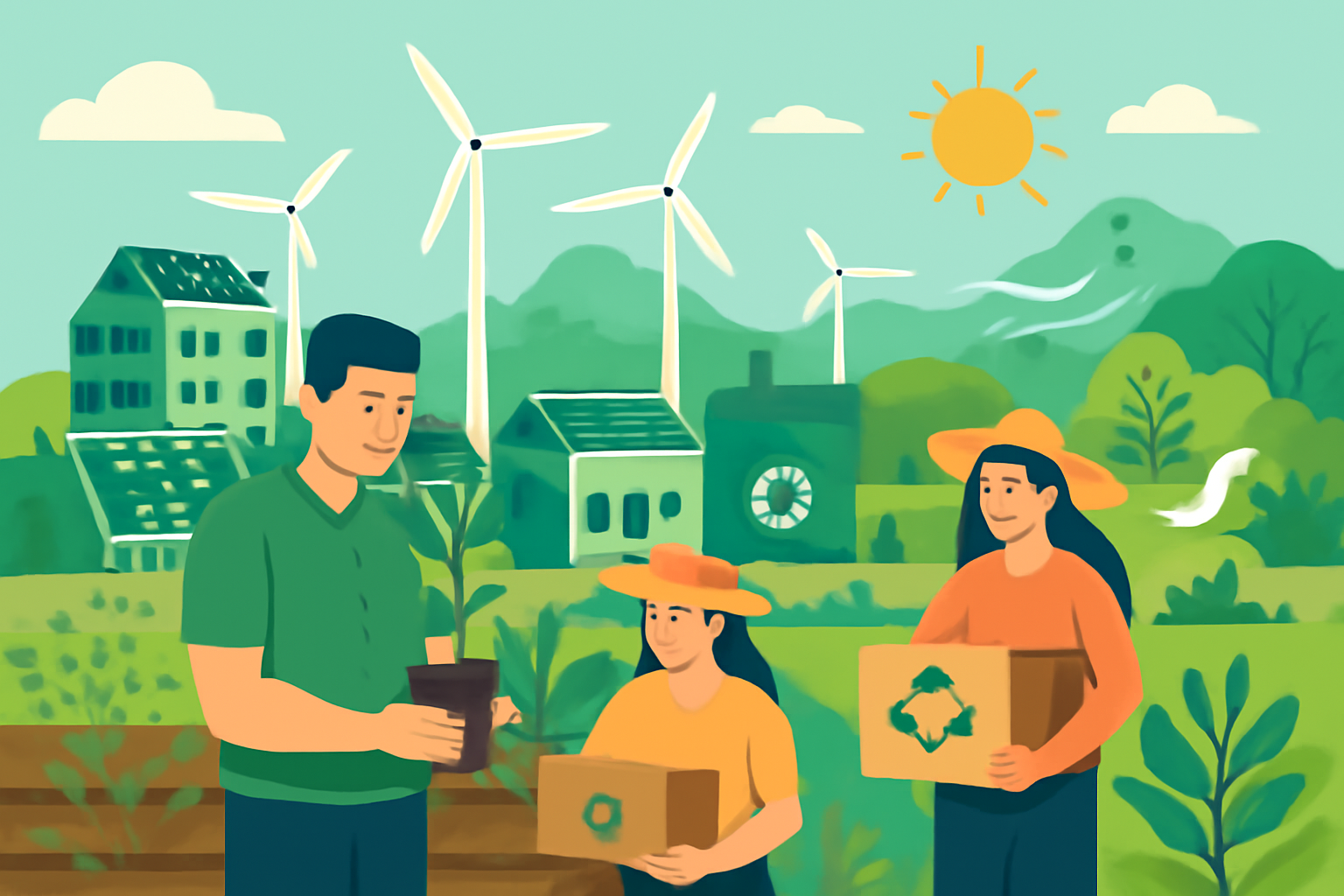As the global call for sustainability grows louder, businesses in the Philippines are increasingly adopting green practices to reduce their environmental impact. The country, which is highly vulnerable to climate change, is experiencing a surge in green business initiatives across multiple sectors, including energy, agriculture, and tourism. This shift is driven by a combination of government policies, consumer demand, and corporate responsibility.
The Philippine government has been proactive in creating policies that encourage businesses to adopt sustainable practices. The Renewable Energy Act, for example, offers incentives for businesses that invest in renewable energy, while the Ecological Solid Waste Management Act promotes waste segregation and recycling. These policies have provided the foundation for businesses to transition towards more eco-friendly operations.
A key trend in the Philippine green business sector is the growing reliance on renewable energy. The country’s abundant natural resources, including sunlight, wind, and geothermal energy, make it an ideal location for the development of sustainable energy solutions. Companies like SM Group and Ayala Corporation have made significant strides in integrating renewable energy into their operations. By harnessing the power of solar and wind energy, these businesses are not only reducing their carbon footprint but also helping to meet the country’s renewable energy targets.
Another area where Filipino businesses are making significant strides is waste management. Companies across various industries are adopting waste reduction strategies, including recycling, composting, and waste-to-energy technologies. Packaging waste is a major concern, and many businesses are transitioning to eco-friendly packaging materials to meet the demand for more sustainable products.
Corporate social responsibility (CSR) programs are also shifting towards environmental sustainability. Businesses in the Philippines are increasingly focusing on environmental conservation, reforestation, and sustainable development projects. For example, the Manila Water Company has invested in water conservation initiatives, while the San Miguel Corporation has supported biodiversity conservation efforts.
SMEs in the Philippines are also embracing green business practices, particularly in sectors like eco-tourism and organic farming. These businesses are capitalizing on the growing consumer demand for sustainable products and services, while contributing to the country’s environmental goals.
The rise of green business in the Philippines is a testament to the growing commitment of businesses to sustainability. With continued investment in renewable energy, waste management, and sustainable practices, the country is on track to build a greener, more sustainable future.





